Table of Contents
- Understanding Blockchain
- Understanding the Gaming Industry
- Blockchain and Gaming: A Perfect Match?
- 4 Ways Blockchain Can Reshape the Gaming Sector
- Real-world Applications of Blockchain in Gaming
- Shiba Inu and its Impact on the Gaming Sector
- The Future of Blockchain in Gaming
- The Role of Gamers in Advancing Blockchain Technology
- Conclusion
Welcome, dear reader! Have you ever wondered about the convergence of technology and entertainment? Today, we're diving into an exciting mashup: blockchain and the gaming sector.
Understanding Blockchain
What is Blockchain?
Let's break it down. Blockchain, in essence, is a decentralized digital ledger that records transactions across numerous computers. Picture a spreadsheet duplicated thousands of times across a network of computers, updating in real time - that's your blockchain.
How Does Blockchain Work?
Blockchain's magic lies in its transparency and security. Each "block" of transactions is added to the "chain" in a linear, chronological order. This open yet tamper-proof system ensures the safety of the data.
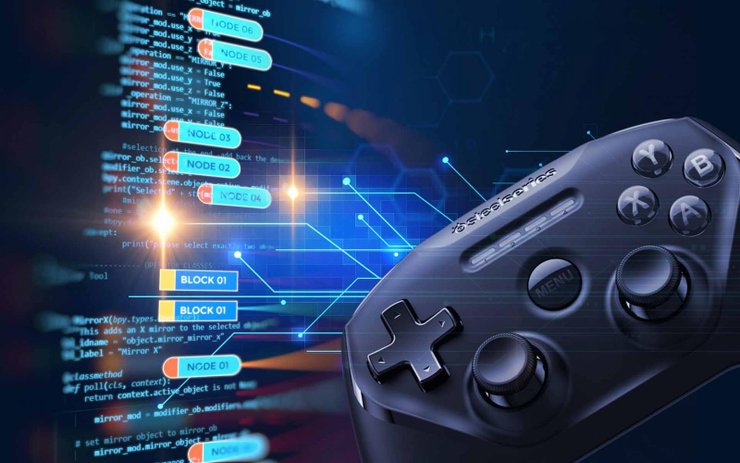
Understanding the Gaming Industry
Brief Overview of the Gaming Industry
From humble beginnings in pixelated arcades to the immersive universes of virtual reality, the gaming industry has come a long way. With over 2.7 billion gamers worldwide, it's a lucrative market worth billions.
Challenges in the Gaming Sector
Despite its success, the industry still needs issues. It struggles with piracy, hacking, lack of transparency, and, most importantly, dubious ownership rights over in-game assets.
Blockchain and Gaming: A Perfect Match?
Why the Gaming Industry Needs Blockchain
Blockchain, with its decentralized and secure nature, could address these concerns. But how you ask? Let's find out.
4 Ways Blockchain Can Reshape the Gaming Sector
Enhanced Security
Blockchain's decentralized, tamper-proof nature ensures top-notch security. It can effectively curb hacking, cheating, and fraud in gaming.
Actual Ownership of Digital Assets
With blockchain, gamers can genuinely own their in-game assets. They can freely buy, sell, or trade items, enhancing the gaming experience.
Fair Play and Transparency
By storing game rules on the blockchain, there's no room for cheating or manipulation. This ensures fair play and fosters trust amongst players.
New Revenue Streams
Blockchain introduces novel revenue streams. The opportunities are endless, from trading in-game assets to earning real-world currency via play-to-earn games.
Real-world Applications of Blockchain in Gaming
CryptoKitties
Remember the CryptoKitties craze? It's a prime example of a game utilizing blockchain for trading and breeding unique virtual kittens.
Decentraland
Decentraland takes it up a notch, providing a virtual reality platform powered by the Ethereum blockchain, where users can create, experience, and monetize their content.
Shiba Inu and its Impact on the Gaming Sector
As we continue exploring the influence of blockchain on gaming, it's impossible to overlook the role of cryptocurrencies. One of the emerging players in the crypto scene is Shiba Inu, or SHIB. However, people mostly call it "Shiba crypto" because they relate it to the dog breed.
Understanding Shiba Inu (SHIB)
Shiba Inu is a decentralized meme token that grew into a vibrant ecosystem. Often touted as the "Dogecoin killer," it has gained significant traction due to its affordability and high potential returns. But what's even more exciting is its potential impact on the gaming sector.
Shiba Inu Crypto and Gaming
By utilizing its native Shiba Inu tokens, game developers could create a robust economy within their games. This economy could serve various functions, such as trading in-game assets, purchasing upgrades, or rewarding players for their achievements.
Furthermore, introducing a popular cryptocurrency like Shiba Inu could attract a broader audience to a game. The prospect of earning Shiba Inu tokens through gameplay can strongly incentivize gamers and crypto enthusiasts.
So, as we gaze into the future of gaming, it's clear that Shiba Inu, among other cryptocurrencies, will play a pivotal role in shaping the landscape. They will help catalyze the fusion of the gaming industry with blockchain technology, making way for a new era of digital entertainment.
The Future of Blockchain in Gaming
The future is bright for the marriage of blockchain and gaming. As these technologies evolve, we can witness more immersive, secure, and fair gaming environments that empower players like never before.
The Role of Gamers in Advancing Blockchain Technology
As we navigate the convergence of blockchain and gaming, we must appreciate the role of a key stakeholder - the gamer.
Gamers: Early Adopters of New Technology
Gamers are typically tech-savvy individuals, always eager to explore new technologies. Their willingness to adapt makes them ideal early adopters of blockchain technology in the gaming sphere.
Creating a Demand for Blockchain-Based Games
Through their active participation, gamers are creating a demand for blockchain-based games. They're expressing a need for transparency, fairness, and control over their digital assets, all achievable through blockchain.
Crowd Testing and Feedback
Furthermore, gamers play a vital role in testing and providing feedback for these games. Their inputs help developers identify bugs, improve game mechanics, and deliver a more polished gaming experience.
Advocating for Blockchain in Gaming
Finally, gamers act as advocates for the integration of blockchain in gaming. Their endorsement can attract more participants to the ecosystem, driving its growth and acceptance.
In conclusion, gamers' role in advancing blockchain technology within the gaming industry cannot be overstated. As enthusiastic adopters, testers, and advocates, gamers are paving the way for a revolution in the gaming industry.
Conclusion
Blockchain is poised to reshape the gaming industry, providing solutions to longstanding issues and opening doors to new possibilities. The future of gaming is decentralized, secure, and truly empowering for the gamer. And we can't wait to see how this narrative unfolds!
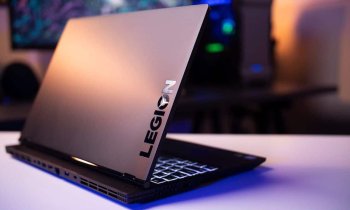

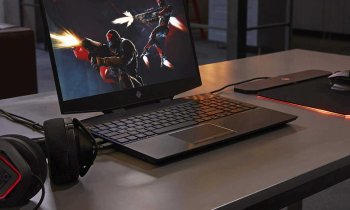
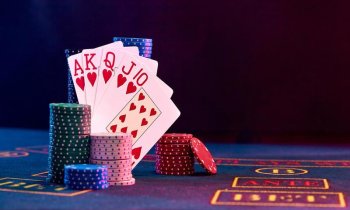
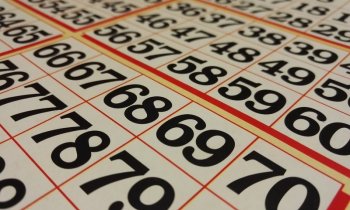









Comments